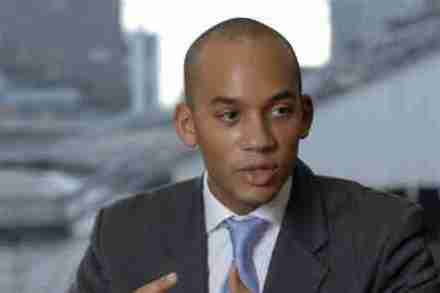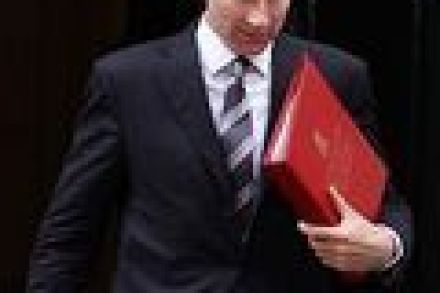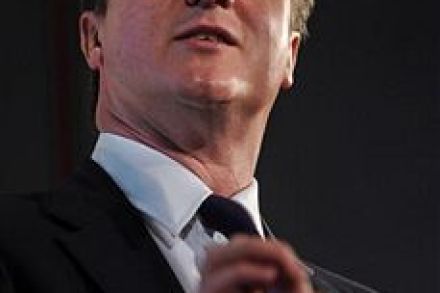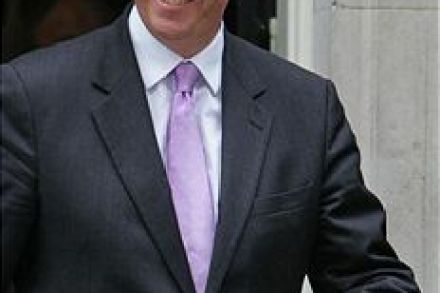Clueless Chuka
Given that the Labour leadership campaign is so dull, we should thank Chuka Umunna for cheering us up with his comedy economic analysis. Now on the Treasury Select Committee, he has regaled us with an ‘Open letter to George Osborne’ where he makes many entertaining points. It’s worth looking at, because it sums up a few errors swirling around the Labour benches. 1) During our exchange, you insisted your budget was “progressive”… you stood by your decision to apply a 10 percent cut to the housing benefit of those who have been on JSA for more than 12 months. Osborne has to use words like “progressive” to assuage the




















